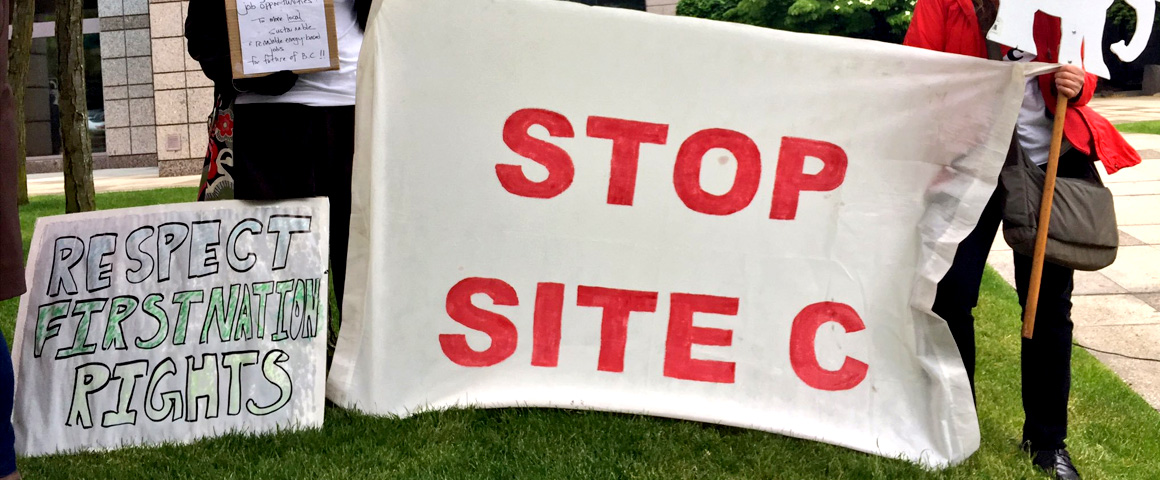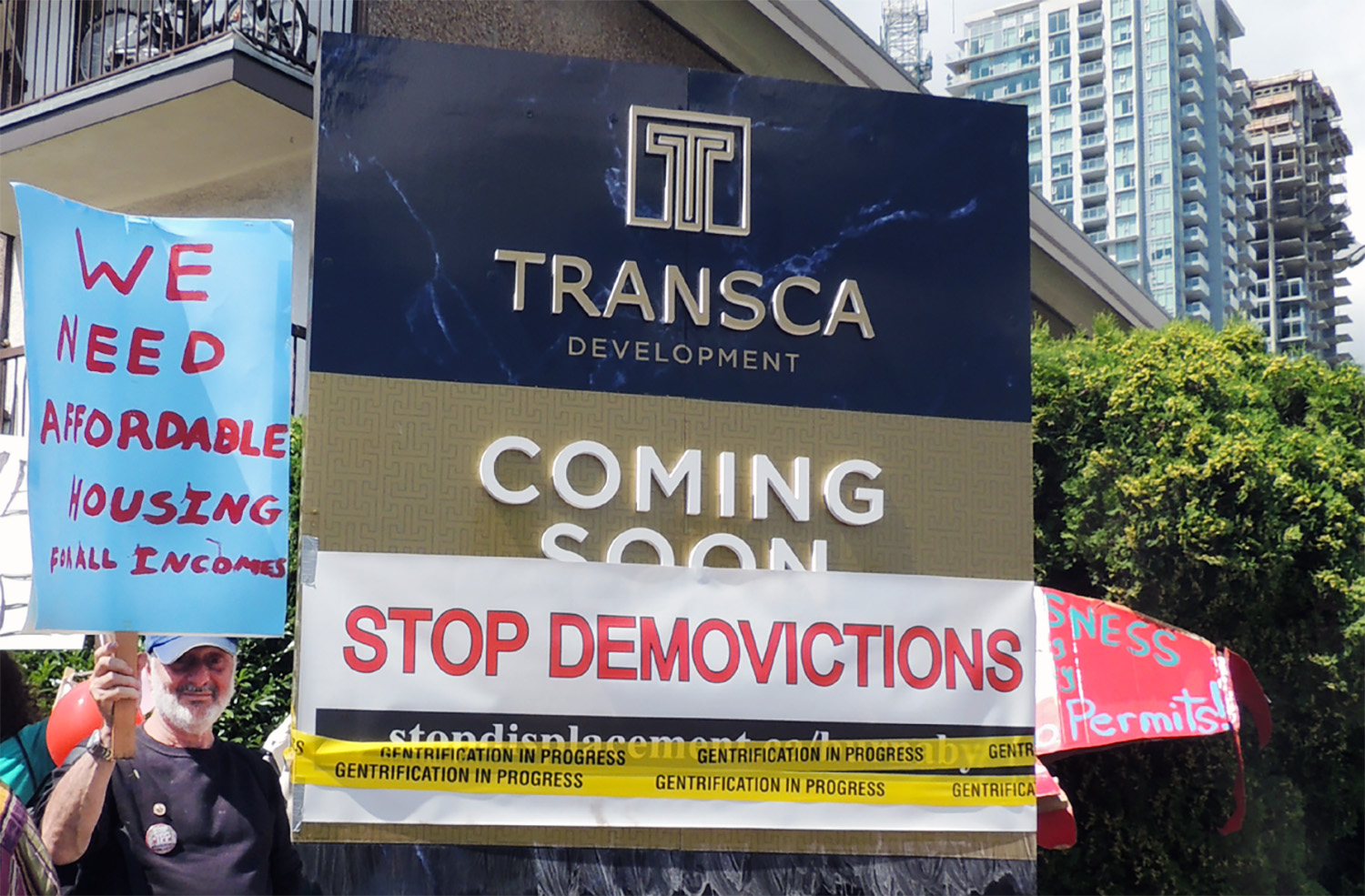Statement by the BC Committee, Communist Party of Canada, Sept. 17, 2017
One of the first moves of the NDP government of British Columbia was to ask the BC Utilities Commission to examine the Site C dam and to report on the finances of this project by November 1. In the view of the BC Committee of the Communist Party of Canada, the mandate of this review is too limited in scope to reflect the full devastating impact of this megaproject on the future of British Columbia; but even with this review’s shortcomings, Site C is based on faulty economic assumptions, such as projections of 2% annual increases in energy demands, despite the fact that such demand has been flat for over a decade. The construction costs of the project have also been consistently underestimated. The latest estimates by Deloitte LLP, the accounting and financial consulting firm brought in by the Utilities Commission to help answer key questions, vary from $9.2 billion to as high $12.5 billion, further undermining any claims of an “economic net benefit”.
The Communist Party has opposed the destructive, expensive and unnecessary Site C dam project on the Peace River from the beginning, for several important reasons.
First, the federal and provincial governments have failed in their responsibility to uphold the terms of Treaty 8, which promised the signatory First Nations across a vast area of Alberta, Saskatchewan, British Columbia and the Northwest Territories that they would be able to continue their traditional practices of hunting, trapping, fishing, and collecting medicinal plants “for as long as the sun shines, the rivers flow and the grass grows.”
As many court cases in recent years have proven, the Canadian state is obligated to engage in meaningful consultations with First Nations regarding economic developments on their traditional territories. The days when governments and corporations could simply ignore the rights of indigenous peoples are gone forever. Site C was driven forward by the former Liberal government of Christy Clark without any effort to gain the full and informed consent of Treaty 8 First Nations, and this is completely illegal, in our view.
Second, Site C poses a serious threat to the future food sovereignty of British Columbia. The dam will flood some of the best agricultural lands in northern BC, at a time when the Agricultural Land Reserve is shrinking under the pressures of housing development.
Third, many independent experts have dismissed the arguments by the Liberal provincial government and BC Hydro, that the dam must be built to generate electricity for economic development or export. B.C. Hydro and the province could have chosen to invest in conservation and alternative energy programs such as wind power, which would be far less expensive. There is also the potential to generate hydro power from the Keenlyside, Mica and Duncan dams already in existence as a part of the Columbia River treaty. Built mainly for storage and flood control, these dams have the capacity to generate power with minimal further environmental damage, if there is indeed a market at some point.
Our view is that one reason for this project is to provide power to expand fracking and natural gas on a massive scale, making British Columbia even more dependent on extraction and export of hydrocarbons and other unprocessed raw materials, The cancellation of the Petronas LNG bid demolishes arguments for an economic strategy based on hopes that energy prices will rebound in the near future, and on claims that a combination of huge tax breaks and low-cost electricity will lure big energy transnationals to make multi-billion dollar investments in British Columbia. Even if the unlikely claims of its backers were true, Site C is a direct threat to the global environment, since it will help fuel the expansion of carbon emissions, which are a key factor in unchecked global warming and climate change.
To those who argue that Site C is necessary for job creation, we note that the project will only employ about 2200 workers for about two years, barely affecting the total unemployment levels in British Columbia. There are better ways to expand employment in BC, including steps to initiate environmentally sound and economically viable projects that will employ people and provide economic development and growth, including in communities outside Metro Vancouver.
In short, Site C is a wildly speculative economic gamble, a violation of First Nations treaty rights, an attack on the people and environment of northern BC (and to the global climate), a threat to food sovereignty in our province, and a waste of taxpayers’ dollars which could be invested in much more productive forms of job creation. For all these reasons, the Communist Party renews our demand to shut down this project now




